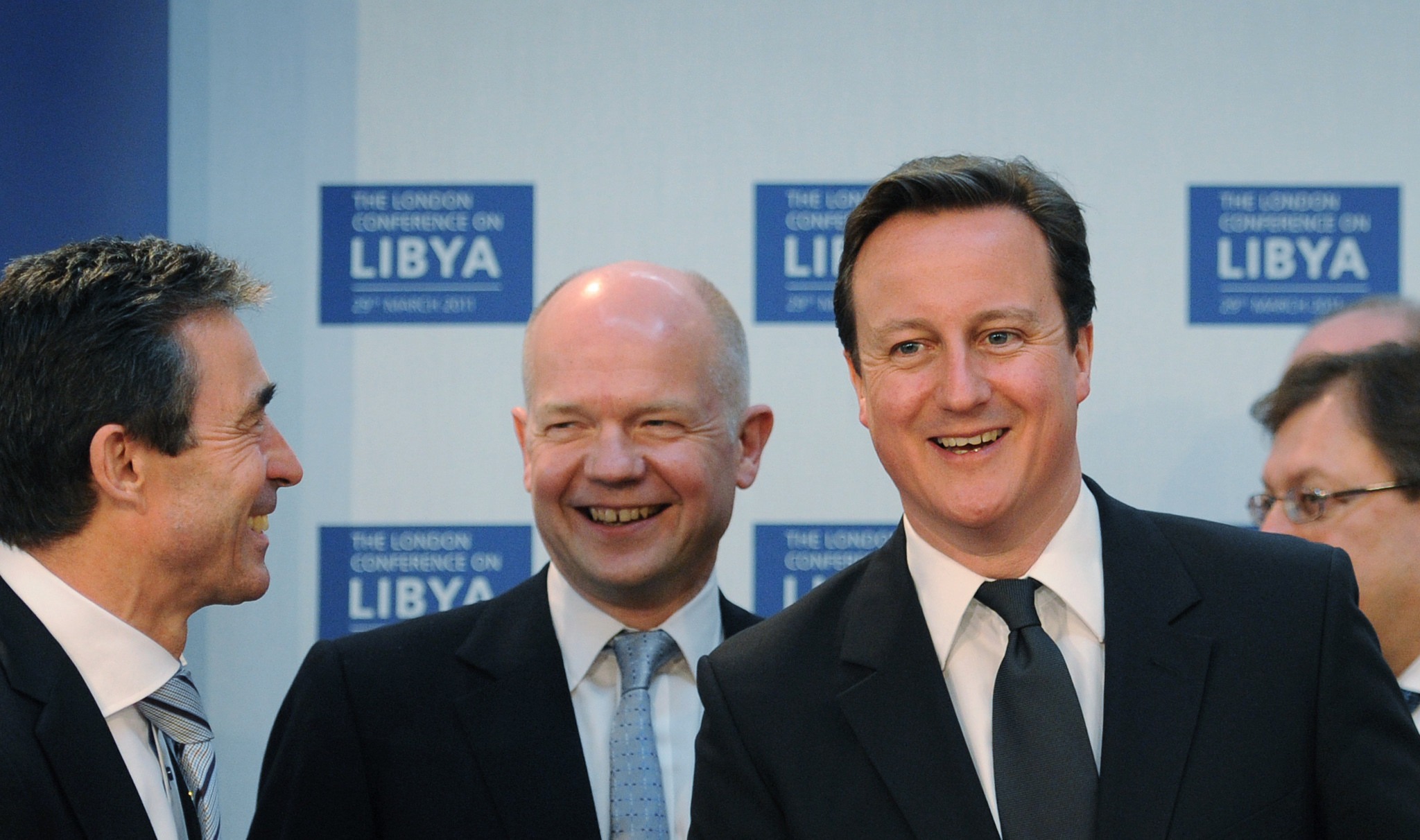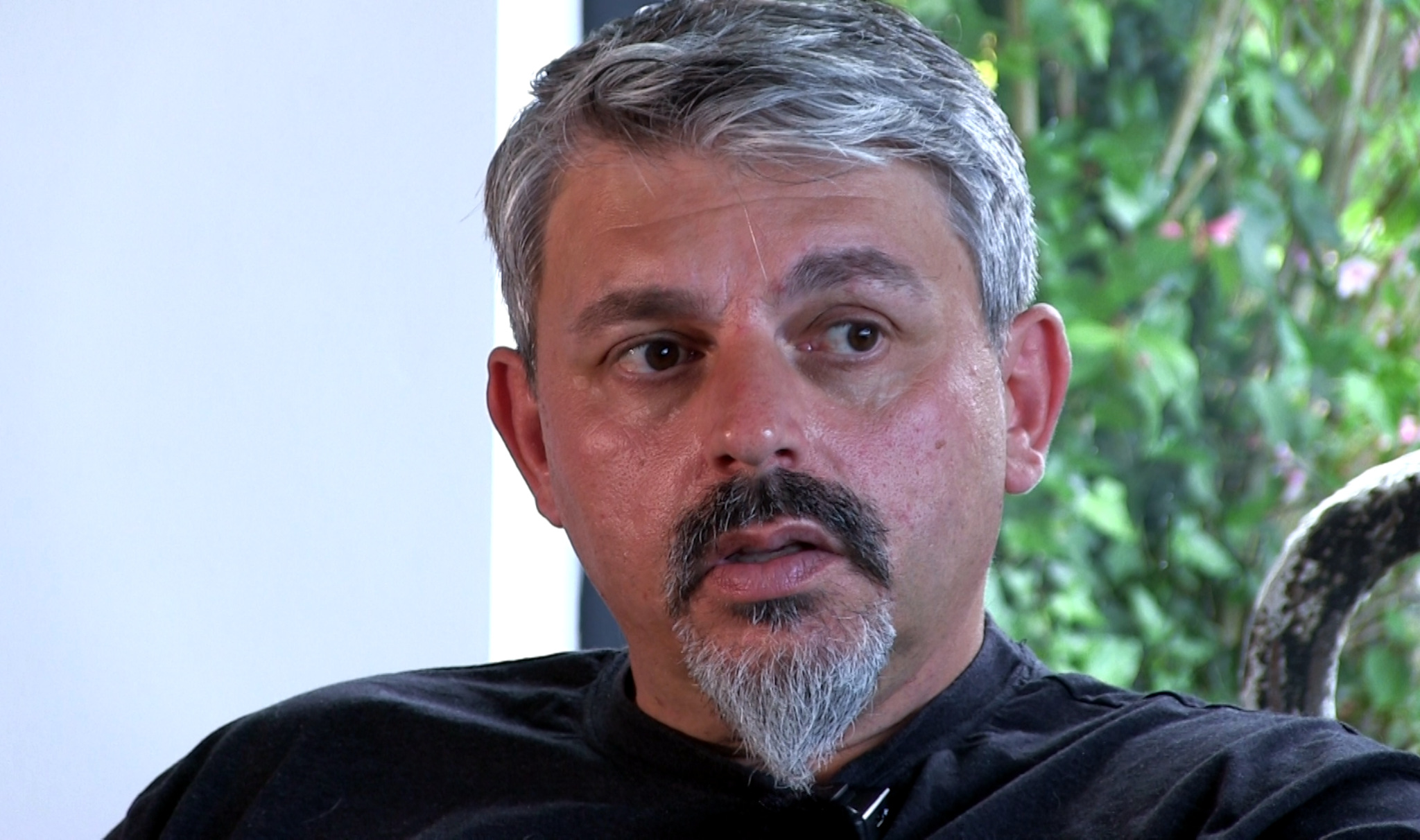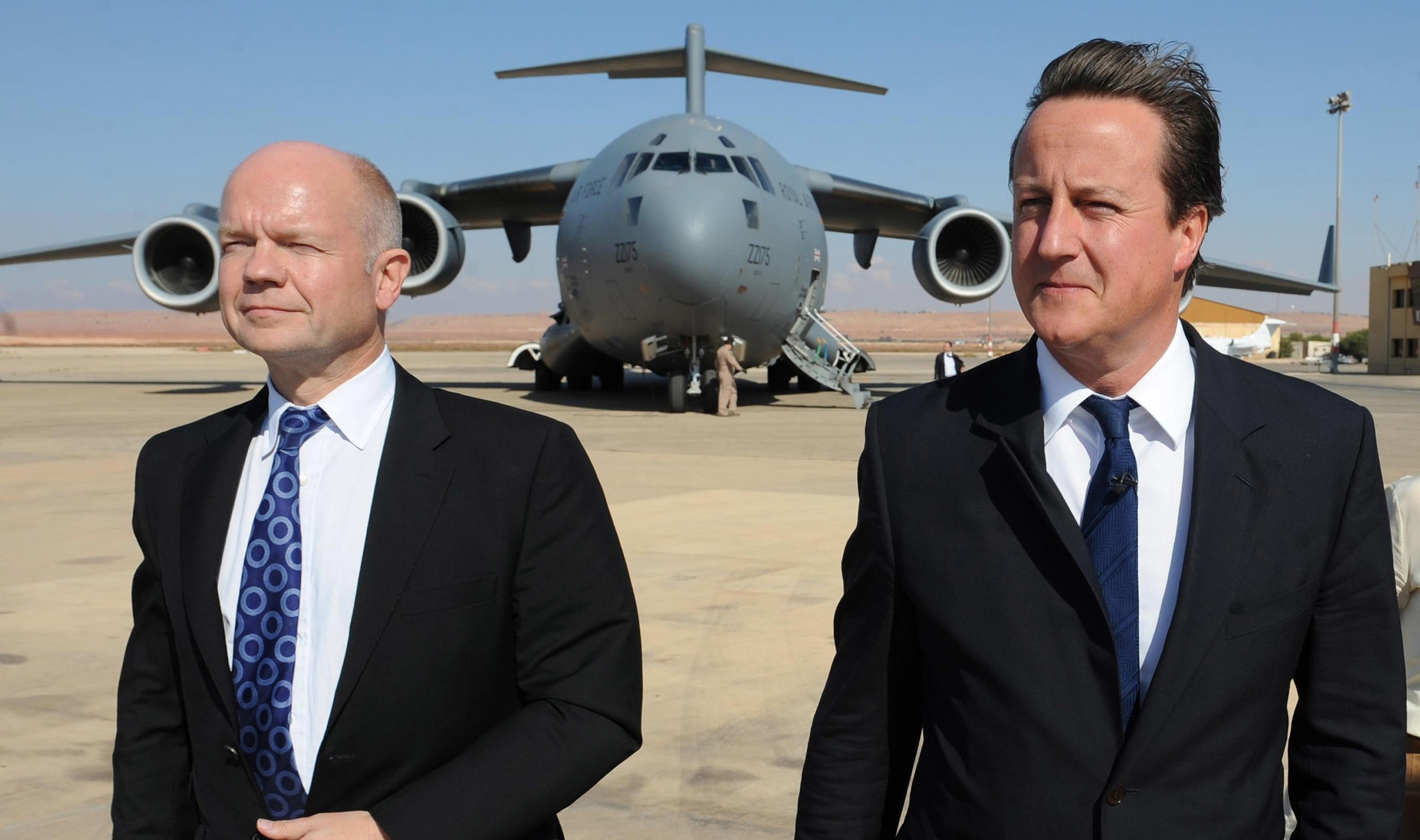The final inquiry report, published on Thursday, has found that the Security Service, MI5, missed opportunities to stop suicide bomber Salman Abedi.
The head of MI5 has rightly apologised for his agency’s failings – a highly significant admission which might offer some solace to the bereaved families of the 22 victims.
But there is a danger that only the mildly-admonished MI5 will be left carrying the can for the disaster, leaving ministers and generals to get away with very little scrutiny whatsoever.
Most worryingly, the inquiry did not consider whether the Conservative government’s reckless decision to help overthrow Libya’s regime in 2011 actually increased the number of threats MI5 had to monitor.
David Cameron has not spoken to any inquiry into the Manchester bombing. Yet there are grounds to ask if his government properly considered who from Britain’s Libyan community was allowed to fight against Colonel Gaddafi and what the long-term consequences would be?
Inquiry chairman Sir John Saunders found: “The Abedi family holds significant responsibility for the radicalisation of Salman Abedi and Hashem Abedi.”
He noted that their father, Ramadan Abedi, “took his sons to Libya during the period of conflict” in 2011 where it is “likely” the boys were “involved in combat” and “probable” they were “radicalised in Libya to some extent”.
So why did Cameron’s government allow the Abedi brothers to travel from Manchester to Libya in 2011 to take part in the uprising?
This question is key, because they travelled there with their father, who has been “widely reported” to have been “a member of, and remains linked to, the Libyan Islamic Fighting Group (LIFG)” – which was a banned terrorist group in 2011.
Don’t mention the war
Remarkably, the inquiry report does not even mention that Britain was an active party to the war in Libya.
Saunders swerved the issue, despite admitting: “The long‑running conflict in Libya represents the critical background to Salman Abedi’s journey to radicalisation.”
Instead he retreated behind the idea that “The interaction between various factions involved in the Libyan civil war, which began on 17th February 2011, is ‘dizzyingly complex’ and beyond the scope of this Report.”
And yet that war was at the very heart of how some boys from Manchester became familiar with extreme violence.
Salman Abedi’s influential friend, Abdalraouf Abdallah, told the inquiry he was trained by Nato in Libya in 2011.
This astonishing admission is absent from the final report, despite Saunders saying Abdallah had “an important role in radicalising” Salman Abedi.
Saunders did not call anyone from Nato to give evidence to the arena inquiry, so we don’t know more about the degree of Abdullah’s contact with the Western military coalition. Is that good enough?
My enemy’s enemy
Another example. Saunders found: “Abdallah was seriously injured while fighting in Libya as a member of the February 17th Martyrs Brigade.”
This was an extreme Islamist militia, of which Saunders said “It is likely that Ramadan Abedi was a member.” Salman and Hashem “may well have been” involved in fighting with the Brigade.
And yet no one from the Ministry of Defence (MoD) was required to answer questions about whether the UK military assisted that Brigade during the Libyan war.
We obtained an MoD assessment, written a month before Nato’s final assault on Tripoli, that admitted “the 17 February Brigade is likely to be an enduring player in [the] transition” away from Gaddafi’s regime and had “political linkages” to Libya’s rebel leadership, the Nato-backed National Transitional Council.
This begs the question, is David Cameron confident that no British military aid ended up benefiting the February 17th Martyrs brigade, which was linked to the Abedi family?
Where were MI6 and GCHQ?
And was it right that MI6 didn’t give evidence to the inquiry, despite the Secret Intelligence Service’s extensive contact with the LIFG, going back several decades?
From their alleged collusion in the 1990s in a plot to kill Gaddafi, to their suppression of the group after 9/11, this organisation was well known to MI6.
Instead of asking them for intelligence assessments of Ramadan Abedi’s actual relationship with the LIFG, Saunders settled for mere media reports of his alleged connections. Again, is that good enough?
Saunders found that it was likely that Salman Abedi was assisted by people in Libya and in the training camps there. Why wasn’t the secret intelligence service required to give evidence about what they knew of this?
And why wasn’t Britain’s largest intelligence agency, GCHQ, which monitors communications, called to say what it knows?
Ultimately, the inquiry chairman avoided asking the most painful question of all. Was the tragic murder of 22 people in Manchester not, to a disturbing degree, blowback from a foreign policy debacle that has destabilised north Africa for over a decade?





